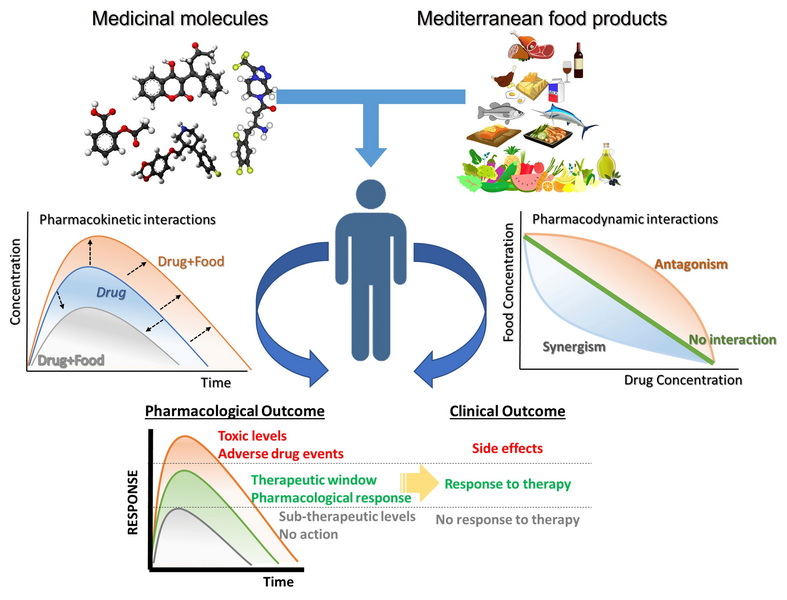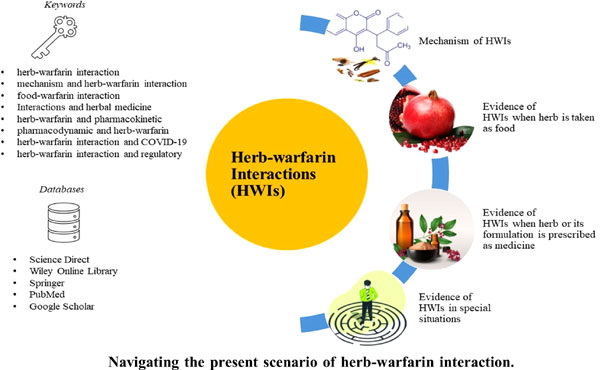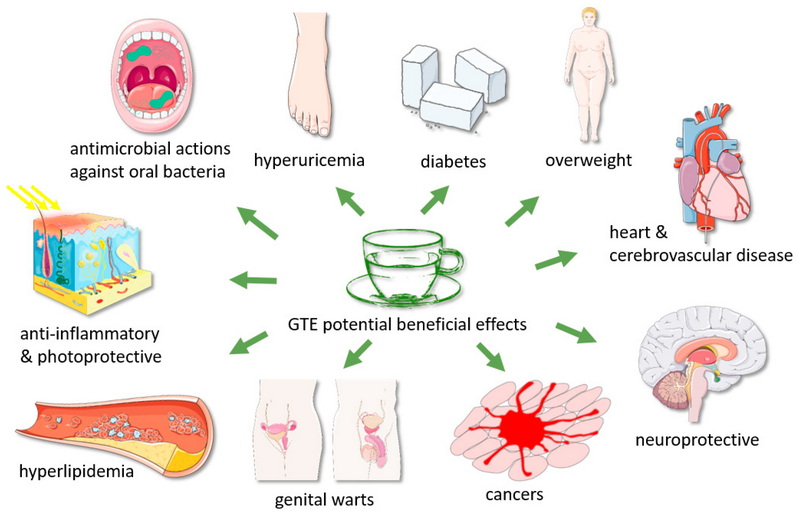Content Menu
● Understanding Coumadin and Its Interactions
● Green Tea and Its Active Compounds
● The Interaction Between Green Tea and Coumadin
● How Much Green Tea Extract Affects Coumadin?
>> Moderate Green Tea Consumption
>> Concentrated Green Tea Extracts
● Safe Consumption Guidelines
● Other Considerations
● Alternative Anticoagulants
● The Importance of Patient Education
● Conclusion
● Frequently Asked Questions
>> 1. Can I drink green tea while taking Coumadin?
>> 2. How does green tea affect INR levels?
>> 3. Are green tea supplements safe to take with Coumadin?
>> 4. What are the signs of a potential interaction between green tea and Coumadin?
>> 5. How often should I have my INR checked if I consume green tea regularly?
● Citations:
Green tea, a popular beverage consumed worldwide, has gained attention for its potential health benefits. However, for individuals taking Coumadin (warfarin), a commonly prescribed blood thinner, the interaction between green tea and this medication is a subject of concern. This article explores the relationship between green tea extract and Coumadin, discussing the potential risks, safe consumption levels, and important considerations for patients on anticoagulant therapy.

Understanding Coumadin and Its Interactions
Coumadin, also known by its generic name warfarin, is an anticoagulant medication used to prevent blood clots. It works by inhibiting vitamin K-dependent clotting factors in the body. The effectiveness of Coumadin is measured using the International Normalized Ratio (INR), which should be maintained within a specific therapeutic range to ensure proper anticoagulation.
Coumadin is prescribed for various conditions, including:
- Atrial fibrillation
- Deep vein thrombosis
- Pulmonary embolism
- Mechanical heart valve replacement
Patients taking Coumadin must be vigilant about their diet and supplement intake, as many substances can interact with the medication and affect its efficacy.
Green Tea and Its Active Compounds
Green tea is rich in polyphenols, particularly catechins, which are known for their antioxidant properties. The most abundant and potent catechin in green tea is epigallocatechin-3-gallate (EGCG). While these compounds contribute to the health benefits of green tea, they can also interact with certain medications, including Coumadin.
The health benefits associated with green tea consumption include:
- Improved brain function
- Fat loss
- Protection against certain types of cancer
- Lowered risk of cardiovascular disease
However, these benefits must be weighed against potential risks for individuals on anticoagulant therapy.
The Interaction Between Green Tea and Coumadin
The primary concern regarding the interaction between green tea and Coumadin is the potential for green tea to affect the INR levels, which could lead to either increased bleeding risk or reduced anticoagulation efficacy. This interaction is primarily attributed to two factors:
1. Vitamin K content: Green tea contains small amounts of vitamin K, which can counteract the effects of Coumadin.
2. Catechin interference: Some studies suggest that catechins, particularly EGCG, may interfere with the metabolism of Coumadin in the liver.
The liver plays a crucial role in metabolizing both Coumadin and green tea catechins. The cytochrome P450 enzyme system, particularly CYP3A4 and CYP2C9, is involved in the metabolism of Coumadin. Green tea catechins can inhibit these enzymes, potentially leading to increased Coumadin levels in the blood and a higher risk of bleeding.
How Much Green Tea Extract Affects Coumadin?
The impact of green tea extract on Coumadin can vary depending on several factors, including the concentration of the extract, the frequency of consumption, and individual patient characteristics. While moderate consumption of green tea as a beverage is generally considered safe, concentrated green tea extracts pose a higher risk of interaction.
Moderate Green Tea Consumption
For most patients on Coumadin, consuming 1-2 cups of green tea per day is unlikely to significantly affect INR levels. However, it's crucial to maintain consistency in green tea intake and inform healthcare providers about any changes in consumption patterns.
A typical 8-ounce (240 ml) cup of green tea contains:
- 2-3 mg of vitamin K
- 20-35 mg of caffeine
- 50-100 mg of catechins
These amounts are generally not sufficient to cause significant interactions with Coumadin when consumed in moderation.
Concentrated Green Tea Extracts
Green tea extracts, often found in dietary supplements, contain much higher concentrations of catechins compared to brewed tea. These concentrated forms pose a greater risk of interaction with Coumadin. Studies have shown that doses of EGCG equal to or above 800 mg per day can lead to significant increases in liver enzymes, potentially affecting Coumadin metabolism.
Some green tea extract supplements can contain up to 1000 mg of EGCG per serving, which is equivalent to drinking approximately 8-10 cups of green tea. This high concentration significantly increases the risk of interaction with Coumadin and should be avoided without explicit medical supervision.

Safe Consumption Guidelines
To minimize the risk of interaction between green tea and Coumadin, consider the following guidelines:
1. Consult your healthcare provider: Always discuss your green tea consumption with your doctor or anticoagulation clinic.
2. Maintain consistency: If you choose to consume green tea, do so in moderation and maintain a consistent intake.
3. Avoid high-dose supplements: Refrain from taking concentrated green tea extract supplements without medical supervision.
4. Monitor INR levels: Regular INR monitoring is essential to ensure proper anticoagulation.
5. Be aware of symptoms: Watch for signs of increased bleeding or clotting, and report any concerns to your healthcare provider.
It's important to note that the effects of green tea on Coumadin can vary from person to person. Some individuals may be more sensitive to the interaction, while others may not experience significant changes in their INR levels. This variability underscores the importance of individualized medical advice and regular monitoring.
Other Considerations
While green tea is the focus of this article, it's important to note that other foods and supplements can also interact with Coumadin. Patients should be cautious with:
- Vitamin K-rich foods (e.g., leafy greens, broccoli)
- Cranberry juice
- Grapefruit juice
- Herbal supplements (e.g., ginkgo biloba, St. John's wort)
Alternative Anticoagulants
For patients who find it challenging to manage their diet and supplement intake while on Coumadin, alternative anticoagulants may be considered. Direct oral anticoagulants (DOACs) such as apixaban, rivaroxaban, and dabigatran have fewer food and drug interactions compared to Coumadin. However, these medications may not be suitable for all patients, and the decision to switch should be made in consultation with a healthcare provider.
The Importance of Patient Education
Proper education is crucial for patients taking Coumadin. Healthcare providers should:
1. Explain the mechanism of action of Coumadin
2. Discuss potential food and drug interactions
3. Emphasize the importance of consistent vitamin K intake
4. Teach patients how to recognize signs of bleeding or clotting
5. Stress the importance of regular INR monitoring
Patients should be encouraged to keep a food diary and to communicate any changes in their diet or supplement regimen to their healthcare provider.
Conclusion
The interaction between green tea extract and Coumadin is a complex issue that requires careful consideration. While moderate consumption of green tea as a beverage is generally safe for most patients on Coumadin, concentrated green tea extracts pose a higher risk of interaction. Patients should always consult their healthcare providers before making any changes to their diet or supplement regimen. Maintaining consistent green tea intake, avoiding high-dose supplements, and regular INR monitoring are key strategies for managing this potential interaction. By staying informed and working closely with healthcare professionals, patients can safely enjoy the benefits of green tea while effectively managing their anticoagulation therapy.

Frequently Asked Questions
1. Can I drink green tea while taking Coumadin?
Yes, moderate consumption of green tea (1-2 cups per day) is generally considered safe for most patients taking Coumadin. However, it's essential to maintain consistency in your intake and inform your healthcare provider about your green tea consumption habits.
2. How does green tea affect INR levels?
Green tea can potentially affect INR levels due to its vitamin K content and the presence of catechins, particularly EGCG. These compounds may interfere with Coumadin's metabolism, leading to changes in anticoagulation efficacy.
3. Are green tea supplements safe to take with Coumadin?
Green tea supplements, especially those containing concentrated extracts, pose a higher risk of interaction with Coumadin. It's best to avoid these supplements or consult your healthcare provider before using them.
4. What are the signs of a potential interaction between green tea and Coumadin?
Signs of a potential interaction may include unexpected changes in INR levels, increased bruising or bleeding, or symptoms of blood clots. If you experience any of these signs, contact your healthcare provider immediately.
5. How often should I have my INR checked if I consume green tea regularly?
The frequency of INR checks should be determined by your healthcare provider based on your individual circumstances. However, if you start consuming green tea or change your consumption patterns, more frequent monitoring may be necessary initially to ensure stable anticoagulation.
Citations:
[1] https://www.webmd.com/vitamins/ai/ingredientmono-960/green-tea
[2] https://www.efsa.europa.eu/en/efsajournal/pub/5239
[3] https://www.drugs.com/drug-interactions/coumadin-with-green-tea-2311-1529-2375-0.html
[4] http://ajpp.in/uploaded/p261.pdf
[5] https://pubmed.ncbi.nlm.nih.gov/10332534/
[6] https://onlinelibrary.wiley.com/doi/10.1155/2021/7170736
[7] https://health.ucsd.edu/for-health-care-professionals/anticoagulation-guidelines/warfarin/supplement-interactions/
[8] https://www.tiprpress.com/ywpjyj/article/pdf/20211226?file_name=B3147901C258E4906B492BA210E8E029D066D7E3AD76D56B0BFA74F1B4E7AC3BE05483707C8968B3D90F3BF39AA09C180EBB849988D3D50E2F7373E32FD3F2CB&open_type=self

 English
English 




























